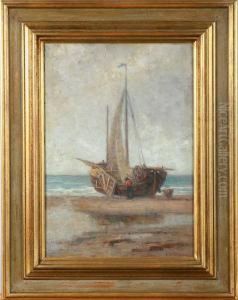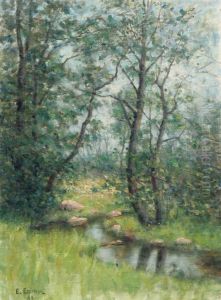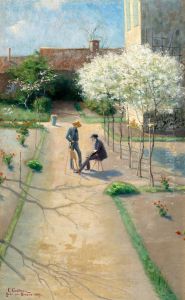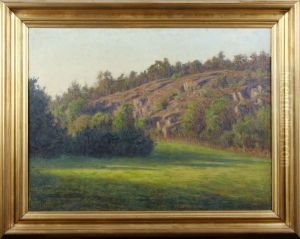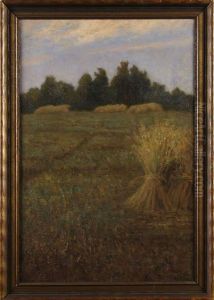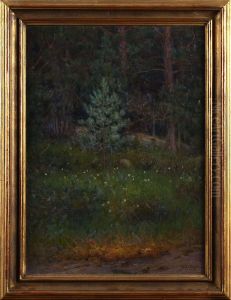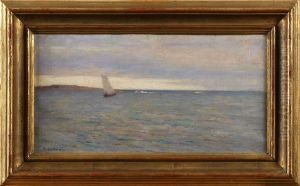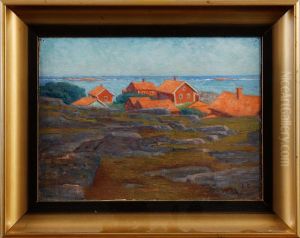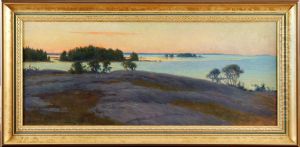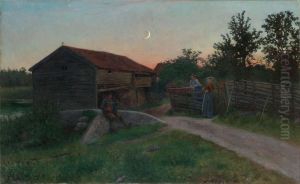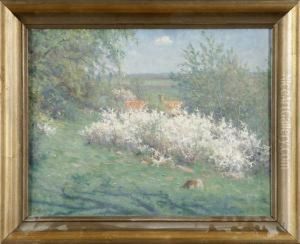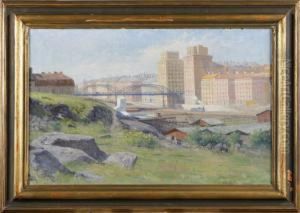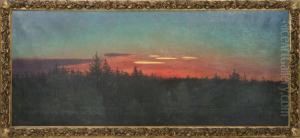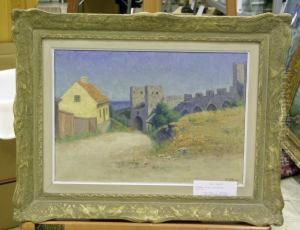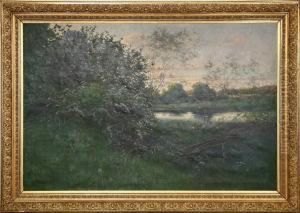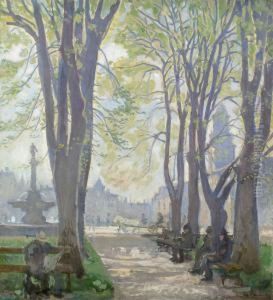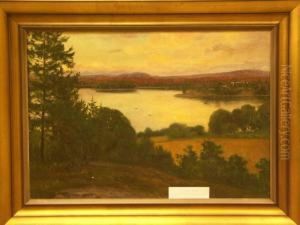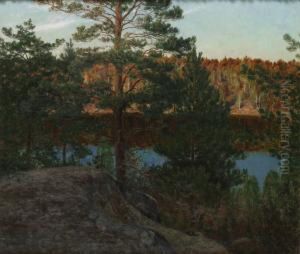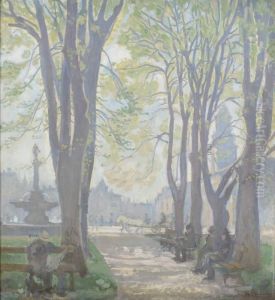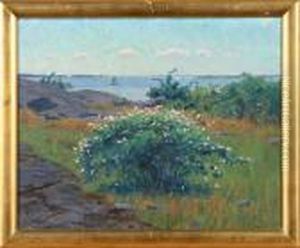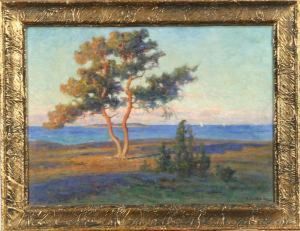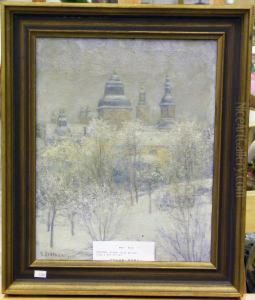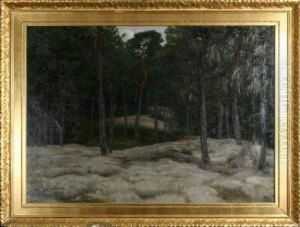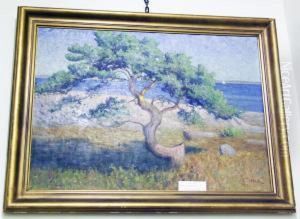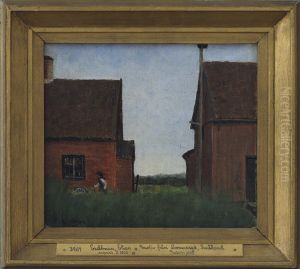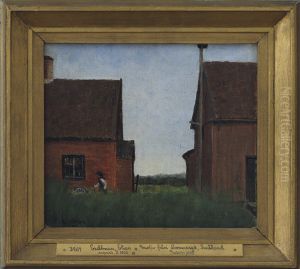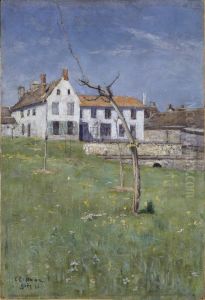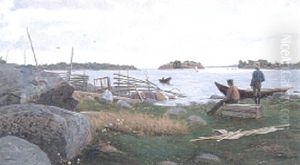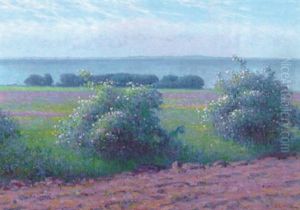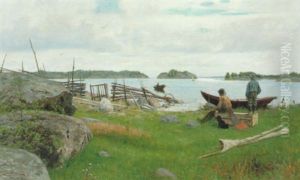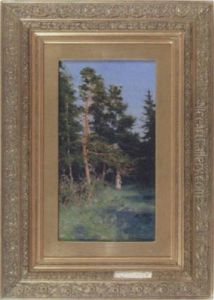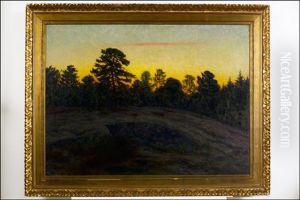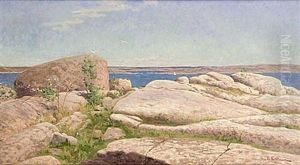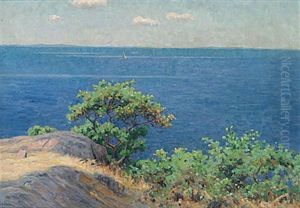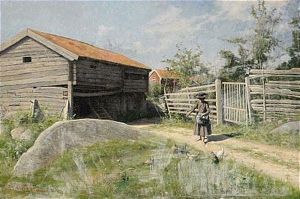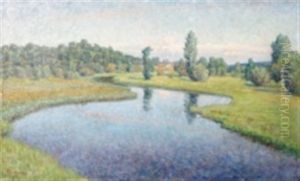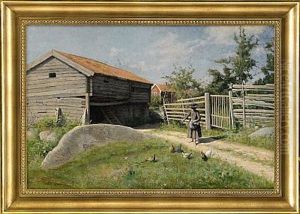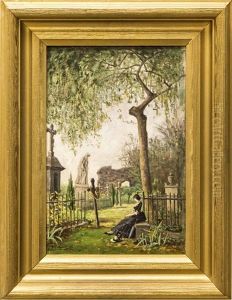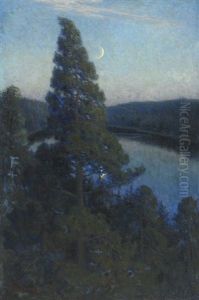Elias Erdtman Paintings
Elias Erdtman was a Swedish palynologist, not widely known as an artist but rather as a scientist who made significant contributions to the field of pollen analysis. Born on July 15, 1892, in Västergötland, Sweden, he developed an interest in natural sciences at an early age. Erdtman's work primarily focused on the study of pollen grains and spores, and he is considered one of the pioneers in modern palynology, a branch of paleobotany that studies microscopic plant particles.
After completing his education, Erdtman began working at the Swedish Museum of Natural History, and in 1921, he defended his doctoral thesis on the microscopic study of pollen and spores at Stockholm University. His research greatly improved the methods of extracting and analyzing pollen grains from various substrates, which had a profound impact on both botany and geology.
Erdtman's techniques proved to be invaluable in the field of archaeology as well, as they allowed for the reconstruction of past vegetations and the understanding of ancient human diets, agriculture, and environmental changes. Throughout his career, he published extensively, including his notable work 'An Introduction to Palynology' in 1943, which became a fundamental text in the field.
Erdtman's dedication to palynology was not only limited to his research but also extended to teaching and promoting the discipline. He founded the Palynological Laboratory in Stockholm, which became a center for research and education in palynology. His efforts in the field earned him international recognition, and he was invited to lecture at various institutions around the world.
Despite his primary focus on science, if Erdtman had any involvement with the arts, it is not widely recorded or recognized, and he remains celebrated for his scientific achievements. Elias Erdtman passed away on February 22, 1973, leaving behind a legacy that continues to influence the study of pollen and spores to this day.
